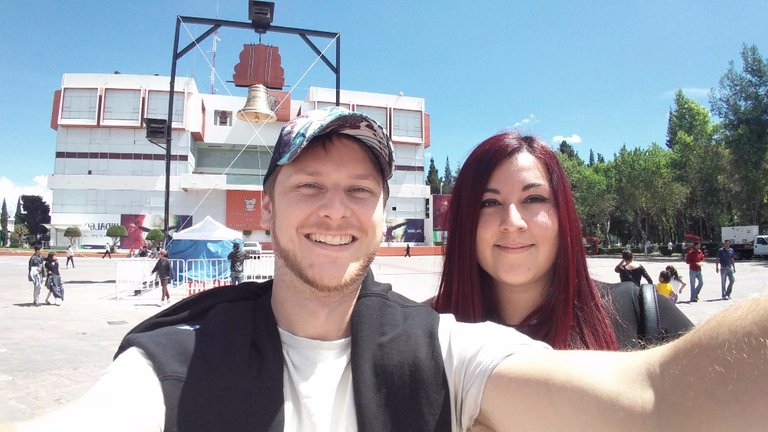
I woke up in the hotel, alone, struck by the odd feeling, lingering from a dream, that I'd checked into a love hotel by mistake. A few minutes later, I heard something which gave support to my theory, something which, for some reason, I don't think I'd ever heard before in a hotel - pleasured moans coming from upstairs.
My mind started going through all the data in my head about this hotel, to figure out if I might owe $100 for the night, as obviously, love hotels charge by the hour. I took a shower, and noticed that, along with the shampoo sachet, there was a second sachet, of Head & Shoulders. Surely no love hotel would go to that effort, I thought.
I handed in the keys, half-expecting the clerk to hand me a bill for another $100. "That's fine," she said. "Thanks for staying with us." First crisis of the day averted.
I found Fany, and we ate breakfast in a restaurant with kitschy baseball, 50s and 60s memorabilia on the walls.
A death cult
We went to a church. Fany isn't Christian, but she is an anthropologist, and she pointed some interesting things out to me. There was a statue of Juan Diego, a man famous, and perhaps a kind of cult leader, because an image of the Virgin of Guadalupe once appeared on his sweater.
"My brother had a vision of Jesus Christ once," I said. "He never tried to base a religion on it though."
In one of the frescos in the church, there was a picture of Jesus hanging out with his Dad, and a dove. The dove was meant to represent the Holy Spirit, said Fany, and of course it was the dove who impregnated the Virgin Mary. How funny that so many people are talking about traditional marriages and natural marriages, she said, when every Sunday they pray to the image of this unnaturally fertile dove.
The church was shaped like a cross, and on its right arm, there was, what seemed to be, a mummy, encased in a glass coffin. The mummy was of a martyr, a young girl who wanted to be a nun, and her father beat her to death because of that - a story almost identical to a mummy that lies in the Cathedral in Guadalajara. "That's creepy," I said, "this seems like a death cult."
On the side of the building, there was a single brick with what seemed to be a flower, with four petals. Fany explained to me that it's not actually a flower - it's an native symbol of the movement of the four realms of the universe - the world, hell, and two heavens. Native slaves, while being forced to build these buildings, would hide their own symbols inside, even to the point of putting idols to Tlaloc and Quetzalcoatl inside the statuettes of the saints, or inside the walls of the churches.
Pachuca
The most iconic part of Pachuca is the monumental clock in Plaza Independencia. Its machinery is identical to that of Big Ben, and on each side it has a statue and a year, representing an important date in Mexico's history.
Real del Monte and the Cornish miners
Unfortunately, because it was Monday, all of the museums were closed, so Fany took me to Real del Monte to visit the English cemetery. On the way, we stopped for lunch at a pasty bakery. Every second or third shop in Pachuca and Real del Monte is a pasty bakery, continuing the tradition brought by the Cornish engineers and mine-operators. The miners, normally Mexican and not Cornish, would bring the pasties down the mines, wearing hats with candles stuck in them, and without the time to leave the mine or wash up during a lunch break, they would eat the pies with dirty hands and throw away the crusts. A tough job, and for their efforts they would receive something similar to 15 of today's pesos, or u$d 0.75, per day. Mexico also owes its tradition of football to these miners from Cornwall.
The cemetery had around 100 or 200 graves, many of them unmarked, and many of them with ornamental marble, statuettes, and some poor English, engraved in stone.
There's only one bus per day from Pachuca to Guadalajara, at 9:45, so I made sure not to miss it. I said goodbye, and finally made my way home, after a long and curious journey through 5 cities. If someone had the will, they could spend a lifetime exploring Mexico. Each town has its stories, and its secrets, waiting to be uncovered.
About me
The Paradise ParadoxMy name is Kurt Robinson. I grew up in Australia, but now I live in Guadalajara, Jalisco. I write interesting things about voluntaryism, futurism, science fiction, travelling Latin America, and psychedelics. Remember to press follow so you can stay up to date with all the cool shit I post, and follow our podcast where we talk about crazy ideas for open-minded people, here: @paradise-paradox, and like us on Facebook here -
Some other cool posts
Here are some other posts of mine to check out:
A Mexican Independence Day trip - ¡Viva México! - Day 1: San Miguel de Allende
¡Viva Mexico! Independence Day trip - Day 2: Wine and hangovers in Tequisquiapan
¡Viva México! Independence Day trip - Day 3: Breakfast in Tequisquiapan, Pulque in Mexico City
¡Viva México! Independence Day trip - Day 4: Ant eggs and Diego Rivera in Mexico City


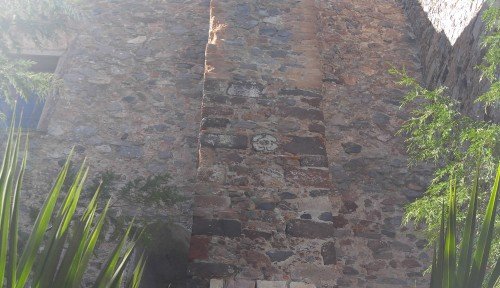



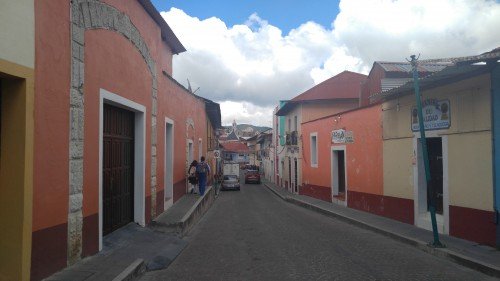
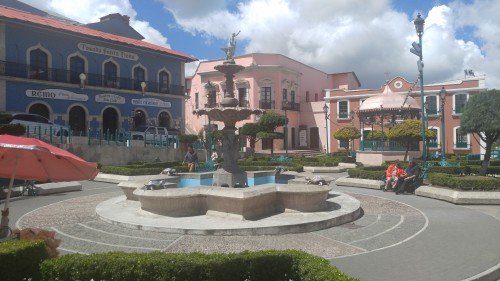
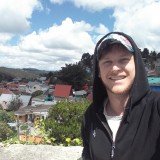

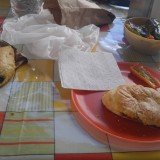
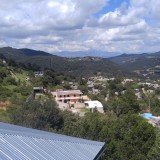
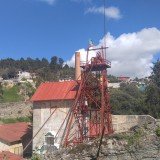

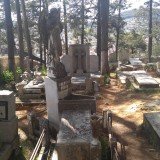
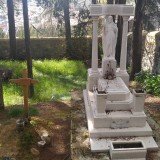

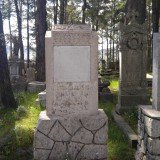
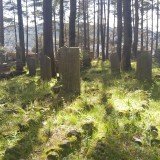
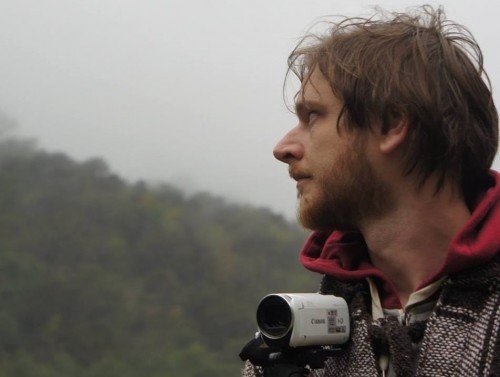
Superb post and beautifull views @churdtzu ! I olso love how you put so many pictures in one row, it leaves the impression that is a movie.
That's the second time someone's compared my life to a movie in a week... might start writing that script I've always wanted to create.
happy independence day to Mexico!
Great impressions, thanks for sharing!
Que rico!
Gracias :)